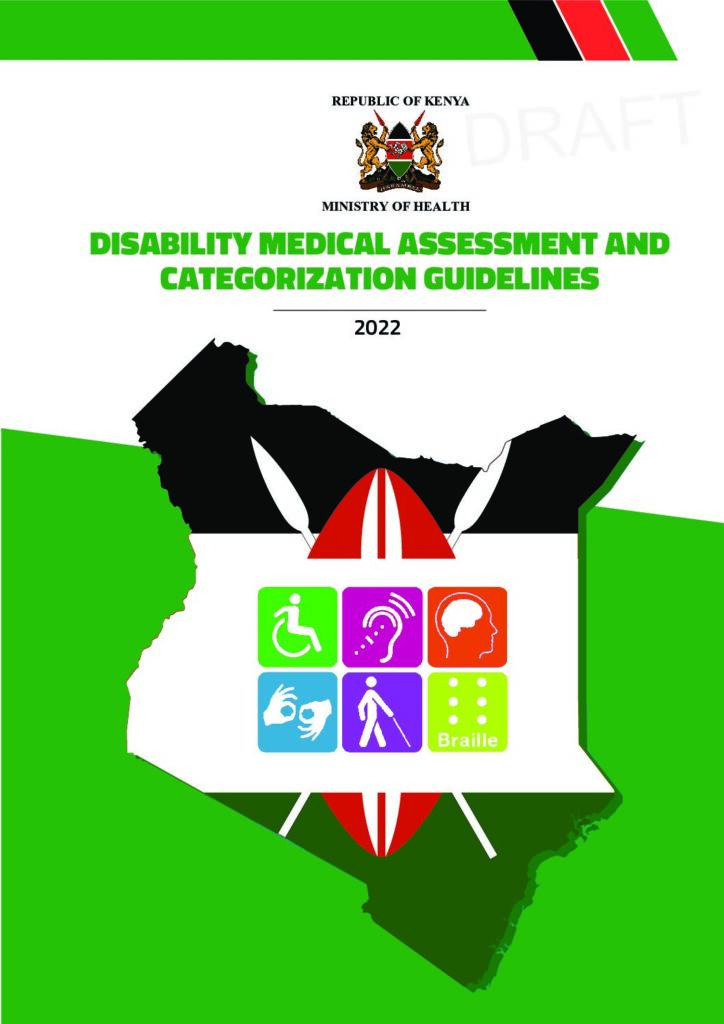Disability Assessment
Disability assessment is the process of evaluating an individual’s physical, cognitive, and emotional functioning to determine their level of impairment and whether they are eligible for disability benefits or accommodations. Disability assessments are often used in the context of employment, education, and social services.
The assessment typically involves a comprehensive evaluation of the individual’s medical history, current symptoms, functional limitations, and ability to perform daily activities. This may include medical tests, such as imaging studies and laboratory tests, as well as cognitive and psychological assessments.
The purpose of the disability assessment may vary depending on the specific context. For example, in the workplace, a disability assessment may be used to determine whether an employee is able to perform their job duties with or without accommodations. In the context of social services, a disability assessment may be used to determine eligibility for disability benefits or support services.
Disability assessments should be conducted by trained and qualified professionals, such as physicians, psychologists, and occupational therapists. The assessment should be conducted in a compassionate and respectful manner, taking into account the individual’s unique needs and circumstances.
It is important to note that disability assessments are not a one-time event and may need to be periodically reviewed and updated as the individual’s condition changes over time.
Disability Diagnosis
A disability diagnosis is a determination made by a healthcare professional that a person has a condition or impairment that affects one or more major life activities. The diagnosis is typically based on a combination of medical history, physical examination, and diagnostic testing.
The purpose of a disability diagnosis is to identify the nature and extent of the impairment and to guide appropriate treatment and support. It may also be necessary for obtaining accommodations or services that can help the person with the disability to function more effectively in daily life.
There are many different types of disabilities, including physical disabilities, sensory disabilities, intellectual disabilities, and psychiatric disabilities. Some common examples of conditions that may result in a disability diagnosis include cerebral palsy, Down syndrome, autism spectrum disorder, attention deficit hyperactivity disorder (ADHD), and depression.
The process of obtaining a disability diagnosis may involve consultations with multiple healthcare professionals, such as primary care physicians, specialists, and therapists. In some cases, additional testing or evaluation may be necessary to confirm the diagnosis or to determine the best course of treatment.

